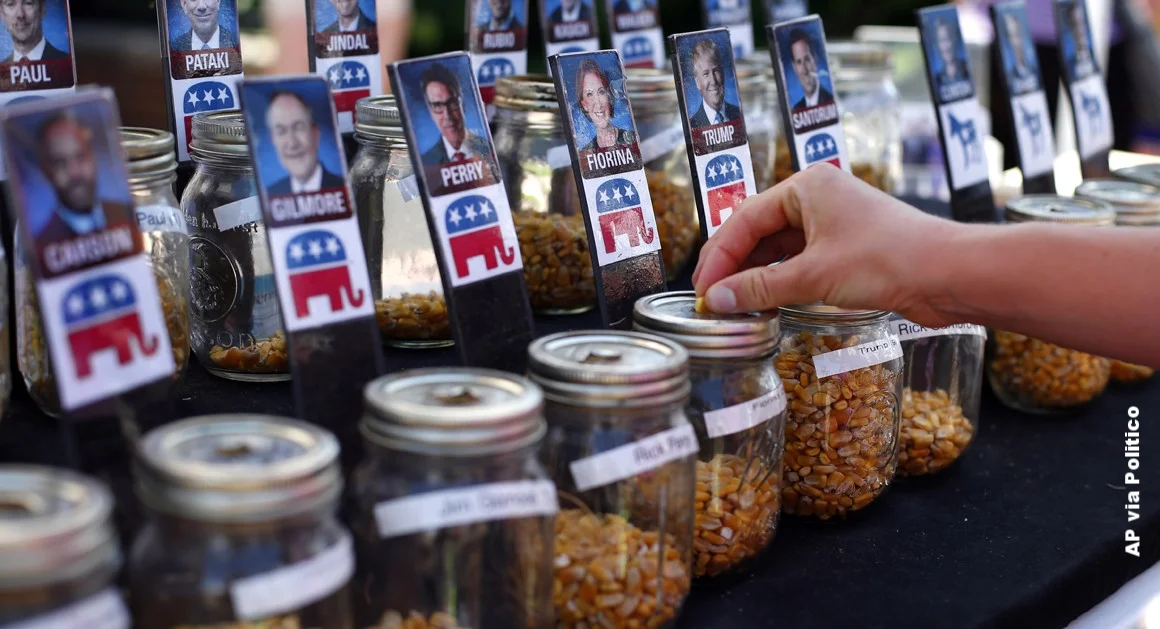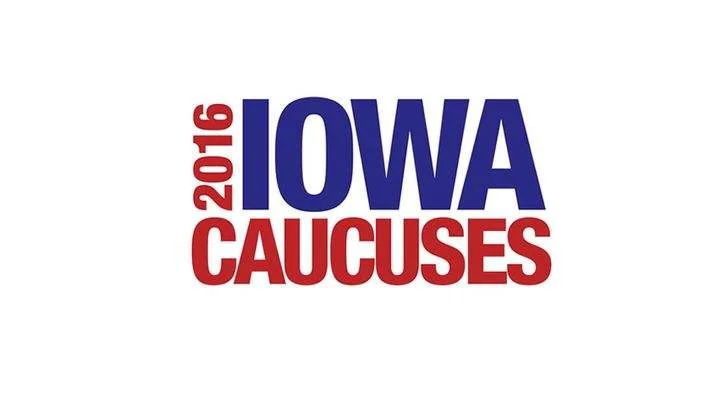Iowa Caucuses and the Road to 1600 Pennsylvania Ave
There are many misconceptions, uninformed voters, and/or people being misled by how the electoral process works. I hope to answer many of your questions and facilitate a discussion.
We have officially entered the beginning of the election season. The Iowa caucuses are the first votes received in the nation. Iowans vote in caucuses, which refer to “gathering of neighbors”. They vote at a set precinct such as libraries, churches, school gymnasiums, and sometimes at individuals’ homes. There are a total of 1,861 precincts across the state. The media coverage behind the Iowa caucuses and the results thereafter affect the future opinions of voters in other states, how voters will choose to rally behind a candidate, a shift in expectations for candidates’ success, and candidates begin to walk away from the race to the White House. February 1, 2016 is the first day of the election process.
The Iowa caucuses and New Hampshire primary are known to be deciding factors for the Democratic and Republican presidential candidate. However many have questioned for years why do candidates and the United States rely on the results from Iowa and New Hampshire. A follow up post will discuss the significance of New Hampshire as the second vote of the nation to be held February 9th.
Iowa encompasses the true grassroots democracy with strong-willed voters that refuse to accept commercial television ads as their primary source for getting to know candidates. Instead due to tradition, candidates and constituents actively canvass throughout the state of Iowa to facilitate one-on-one discussions with a candidate through small events held in restaurants, town hall meetings, schools, etc. Candidates place a lot of focus on Iowa due to the nature of predicting whose name will be listed on the Democratic and Republican tickets for the national election.
Notice only two political parties have been mentioned here Democratic and Republican and it is not by mistake. The two major political parties have different processes that take place for the Iowa caucuses. Registered independents are more than welcome to attend the caucuses as well. The Independent voters can have a tremendous impact and are likely to persuade voters if they decide to attend the Democratic led Iowa caucuses. According to the Des Moines Register, the voter registry reflected the following:
· 724,801 active no-party (Independent) registered voters
· 611,433 Republicans
· 584,307 Democrats. [1]
The Republican Party process is similar to the voting process that takes place across the nation by using a secret ballot to cast a vote. Republican candidates attend the Iowa caucuses giving a speech to follow ballots casted by voters.
Where the Democratic Party process takes commitment and dedication to the process of electing a candidate. During the first round of votes if a candidate does not receive more than 15 percent of support then the candidate is eliminated. The supporters of the losing candidate have the option to support a different candidate in the room or can choose to walk away without selecting the final candidate for the Democratic party.
Video 1: brief explanation and visual of what takes place at the Iowa caucuses
Video 2: the 2008 Iowa caucuses – displays a true foundation of grassroots democracy as its finest during the election. Notice how these voters are firm in their selection of a candidate and not easily persuaded by supporters of other Democratic candidates.
This process is viewed as time consuming but encompasses an enthusiasm not seen across the country when electing presidential candidates. Winning Iowa does not guarantee your name on the party ticket and/or a win for the national election, but is a strong indicator of whose message is resonating most with voters. Iowa caucuses receive backlash because it does not represent the rest of the U.S. demographically with over 90 percent of its population being white Americans, compared to the national average of white Americans totaling 77 percent.[2] Also the existence of a major metropolitan area does not exist in Iowa. Certain social issues that are faced among people of color are unrelatable to Iowans.
*Follow Tre'Shonda Sheffey on Twitter for live updates of the Iowa Caucus: @glitterngold
[1] http://www.desmoinesregister.com/story/news/elections/presidential/caucus/2016/01/02/big-question-what-will-iowa-caucus-avoiders-do/78019652/
[2] http://www.census.gov/quickfacts/table/PST045215/00,19,33

























